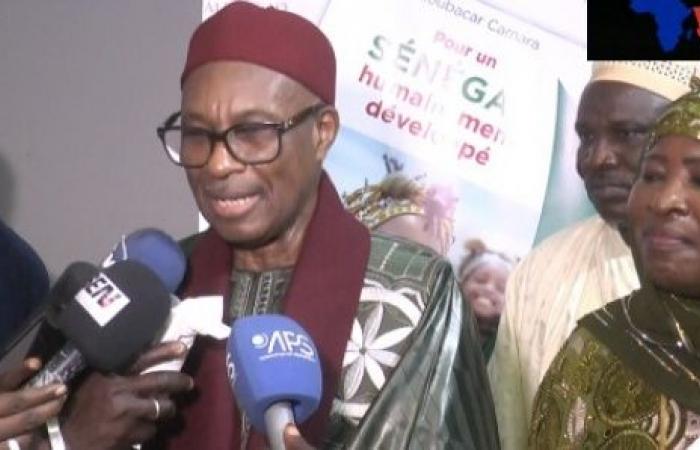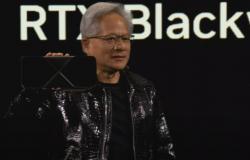Author of the book “For a humanly developed Senegal”, Boubacar believes that systemic change necessarily involves transformation and regulation. The key to development is “systematic transformation”, in other words the statistical engineer and doctor of economics in simpler terms: “To make bread, you have to make the pat taking into account the components, then you have to put it in the oven adjusted in terms of degrees and duration. Speaking of the work, the author”. of several works including “how to get out poverty”, indicates that this is a modest contribution to the project so popular with the Senegalese people and which brings hope to all.
As an entry point, transform villages into learning communities to enable the education of women which will inevitably have an economic impact on the population. But also an integral quality education which must have as its backbone, scientific education, which will develop the transformation-regulation capacities which will generate wealth. On the same aspect, he believes that control of water but also of the mining sector is essential. He also thinks that the country should have its own currency. “The currency is like the army, it defends the economy just as the army watches over security,” he explains. Among other points addressed in the work, ecological division which can be an asset if it is highlighted. It’s about creating ecological zones, zones of prosperity.
Doctor Pape Abdoulaye Seck, former Minister of Agriculture, carried out an anatomical and physiological analysis because the methodology has a clear rigor and relevance. The former minister identifies five major elements, technology, infrastructure, strategic responsiveness, exploitation of our potential among others. He also associates these elements with a revolution in attitudes and behavior. Otherwise, it is about placing humans at the heart of development. “The idea is to invent ourselves to be able to invent the future before it invents us and confronts us with emergency situations,” he says.
-Indeed, according to him, it comes down to being in a process of transformation and regulation. It is also because we are moving away from this path that nothing seems to be working. “We don’t eat up potential,” he says, for example. Before specifying that rice today grows everywhere in Senegal thanks to profiling and transformations which are carried out by experts. But he asks, “are we regular”?
For Professor Souleymane Bachir Diagne, the country’s agenda must be included in the global prospective agenda. The chapter on potential opens with Africa in the world. Which changes and which changes more and more quickly. And little by little, it has a snowball effect. We need major agendas with actors with their own agendas and Africa must have an agenda of its own and Senegal in turn an agenda for itself within the African Union.” Otherwise, he says, others will decide for him. Describing the methodology of the book, the professor speaks of the vision, the lucidity that one can expect from an author, the great analytical faculty served by experience which is an honor for Senegal. And to summarize, he emphasizes that these reflections confront us with several challenges that we can take up in what he calls a reference work.






